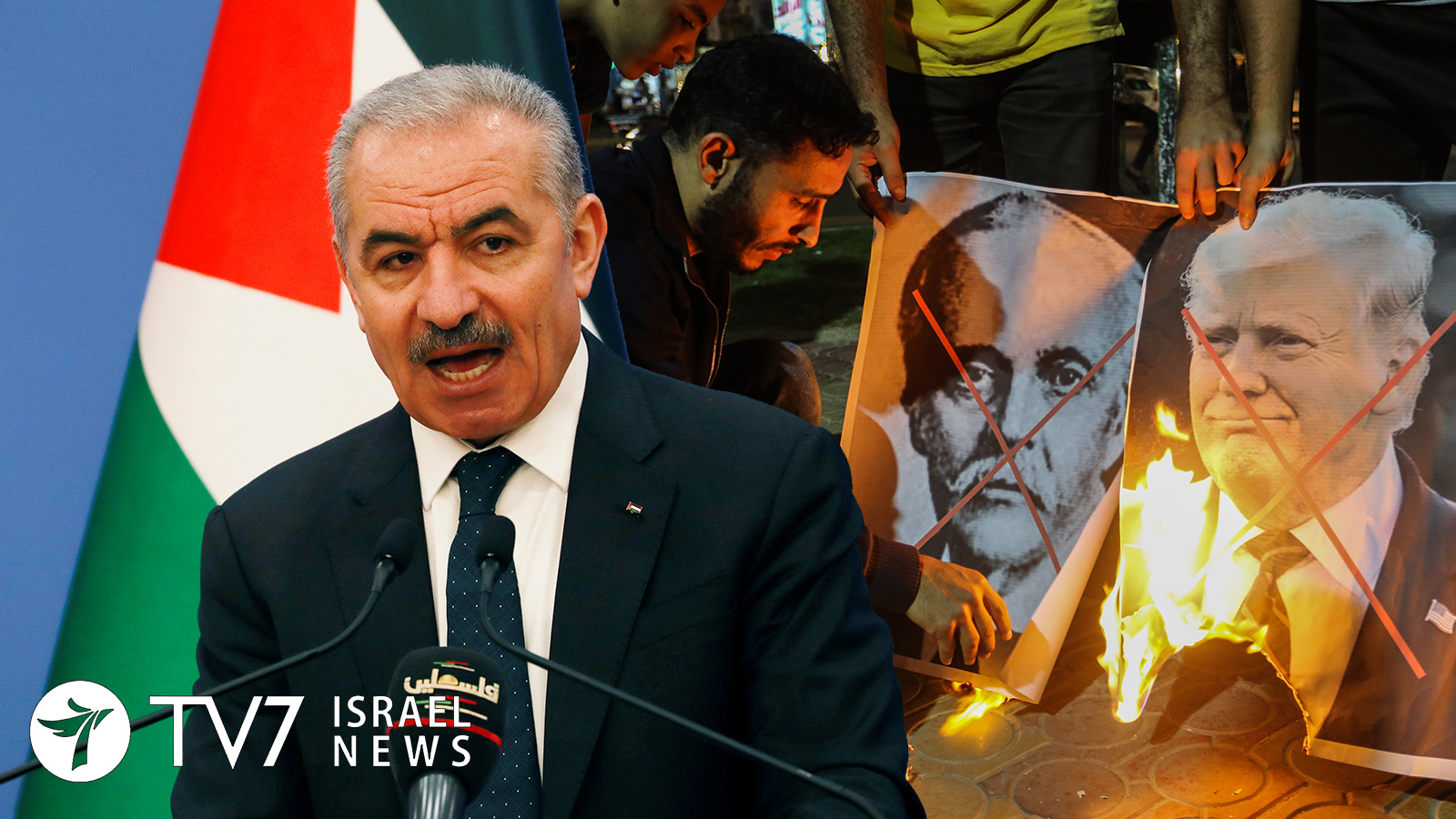Palestinian Prime Minister Mohammed Shtayyeh has demanded that the United Kingdom immediately validate his people’s quest for statehood.
“We call on Britain to recognize the independent Palestinian state with East Jerusalem its capital as in the 1967 border,” said Shtayyeh during the weekly Palestinian Authority cabinet in the West Bank city of Ramallah, further insisting, “This step should be taken as a compensation for the prices paid by the Palestinian people.”
The meeting was held on the 103rd anniversary of Britain’s 1917 Balfour Declaration, which advocated “the establishment of a national home for the Jewish people” on their ancestral homeland, which at the time was under Ottoman rule. The document accelerated the process leading to Israel’s founding in 1948.
The Palestinian leader rejected the Balfour Declaration as “an historical error,” before going on to condemn the recent US-Israel Science and Technology Agreement as a “politically and legally a dangerous step” that “will be expanded to include the occupied Golan Heights and the West Bank.”
Shtayyeh stopped short, however, from addressing the historical documentation of the numerous wars that had been initiated by the majority of Arab clans who resided in the land after the British Mandate of Palestine ended – which consequently changed the reality on the ground.
Ramallah’s refusal to accept a compromise is also reflected on the street. Hundreds of Palestinians gathered in the city to protest against international peace efforts. “The future of these lands will be determined by the Palestinian people. We will never give up. We will continue our struggle until the Deal of the Century and Balfour both fail,” insisted one unnamed demonstrators, who proclaimed, “Today the Palestinian people are united.”
The “struggle” to which the protestor referred is manifested in two parallel courses of action. The first focuses on a legal and diplomatic campaign, the latest of which includes several lawsuits filed in Palestinian courts against the Balfour Declaration that represented the first such legislative move against the UK. The second strategy is the continuation of “armed resistance” against Israel. While the most recent Qatari-brokered truce between the sides for a ‘cessation-of-hostilities’ is seemingly holding, sporadic attacks and relatively limited yet violent riots remain a frequent occurrence.
The latest attack occurred near the West Bank city of Nablus yesterday, when a member of the Palestinian Authority’s Security Forces opened fire from a moving vehicle toward an IDF force. The Israeli troops returned fire, neutralizing the attacker. No injuries were reported among the Israeli soldiers.
